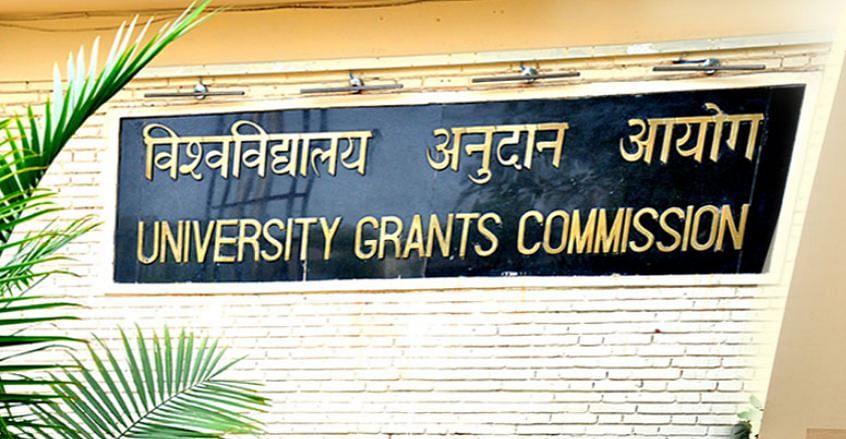
The university grants commission (UGC) has decided to regulate tuition fee of the professional programmes offered by the private institutions which have been declared as deemed-to-be universities, amid complaints of many of these higher education institutions charging exorbitant amounts as fees from the students.
To check “profiteering” in education and also ensure that “no person” secures admission “by reason of economic power”, the higher education regulator has come up with a draft regulation, proposing to set up “one or more” committee/committees to fix the tuition fee of the professional programmes offered by the private deemed to be universities including those aided by the government.
At present, there is no mechanism in place to regulate fees charged by the private aided and unaided deemed-to-be-universities. Out of 90 private institutions declared as deemed-to-be-universities, 80 institutions are completely self-financed while 10 are government-aided.
In compliance with a Supreme Court judgement in the matter of 'Islamic Academy of Education and Another Vrs State of Karnataka and Others', while a number of states have constituted Fee Fixation Committee for unaided professional educational institutions which come under their respective jurisdiction, several states have enacted laws to regulate fixation of fee in such institutions.
As per the draft UGC (Fees in professional education imparted by private aided and unaided institutions deemed to be universities) Regulations, 2019, the proposed fee fixation committee/committees will fix the tuition fee of the professional programmes including engineering and management, taking into account a number of factors.
To determine the “reasonableness” of fee levied by the institutions, the committee will take into account the social aspects as share in population of the scheduled castes, scheduled tribes, socially and educationally backward castes, economically weaker sections, minorities and rural population and their educational needs in the area of location of the institutions.
It will look into the average per-seat cost of imparting education on the basis of the guidelines and instructions issued by the commission from time to time, quantum and extent of government aid received by the institutions.
It will also take into account provision for a reasonable surplus of revenue over and above the average per-seat cost, which may be sufficient for being retained to be expended in the development of facilities for quality education and for the expansion of the institution.
The committee will verify whether the fee so levied by the institutions amount to profiteering or charging of capitation fees. It will also scruitinise and verify fee proposals of the institutions to accord approval to the final fee structure.
“Fee committee shall be competent to impose fine up to Rs 10 lakh per violation in addition to the refund of the excess fee charged from the students,” the draft regulations stipulate.